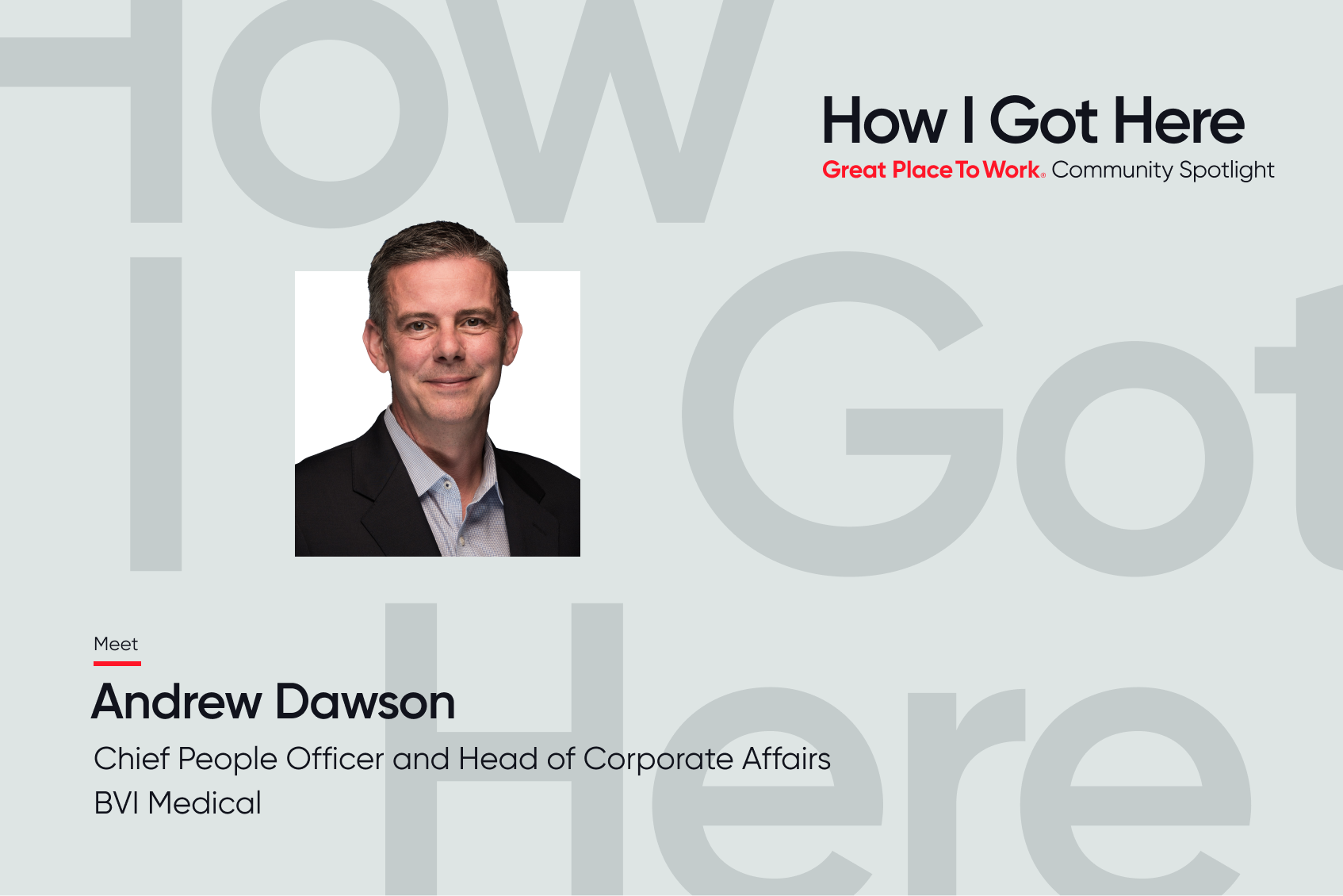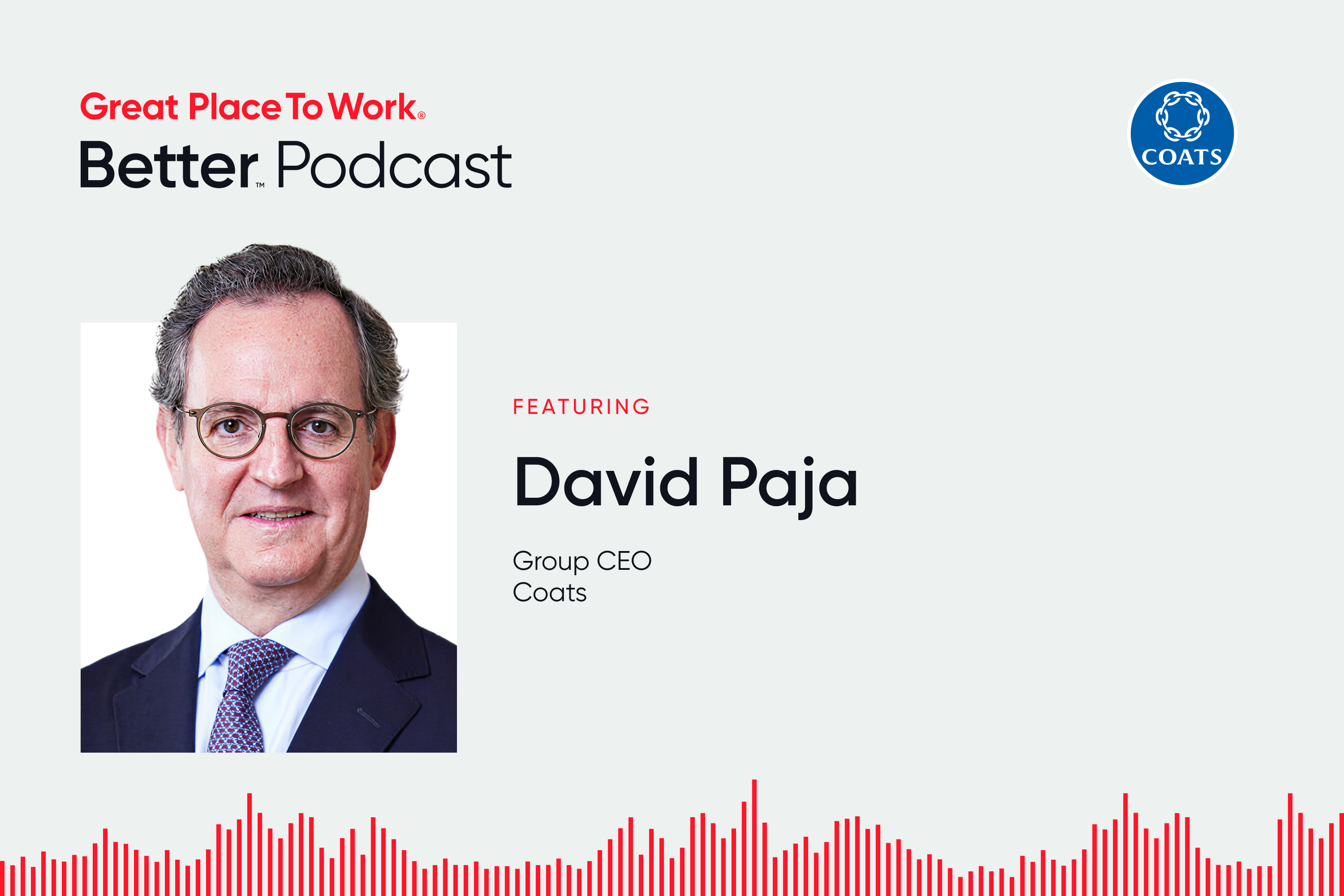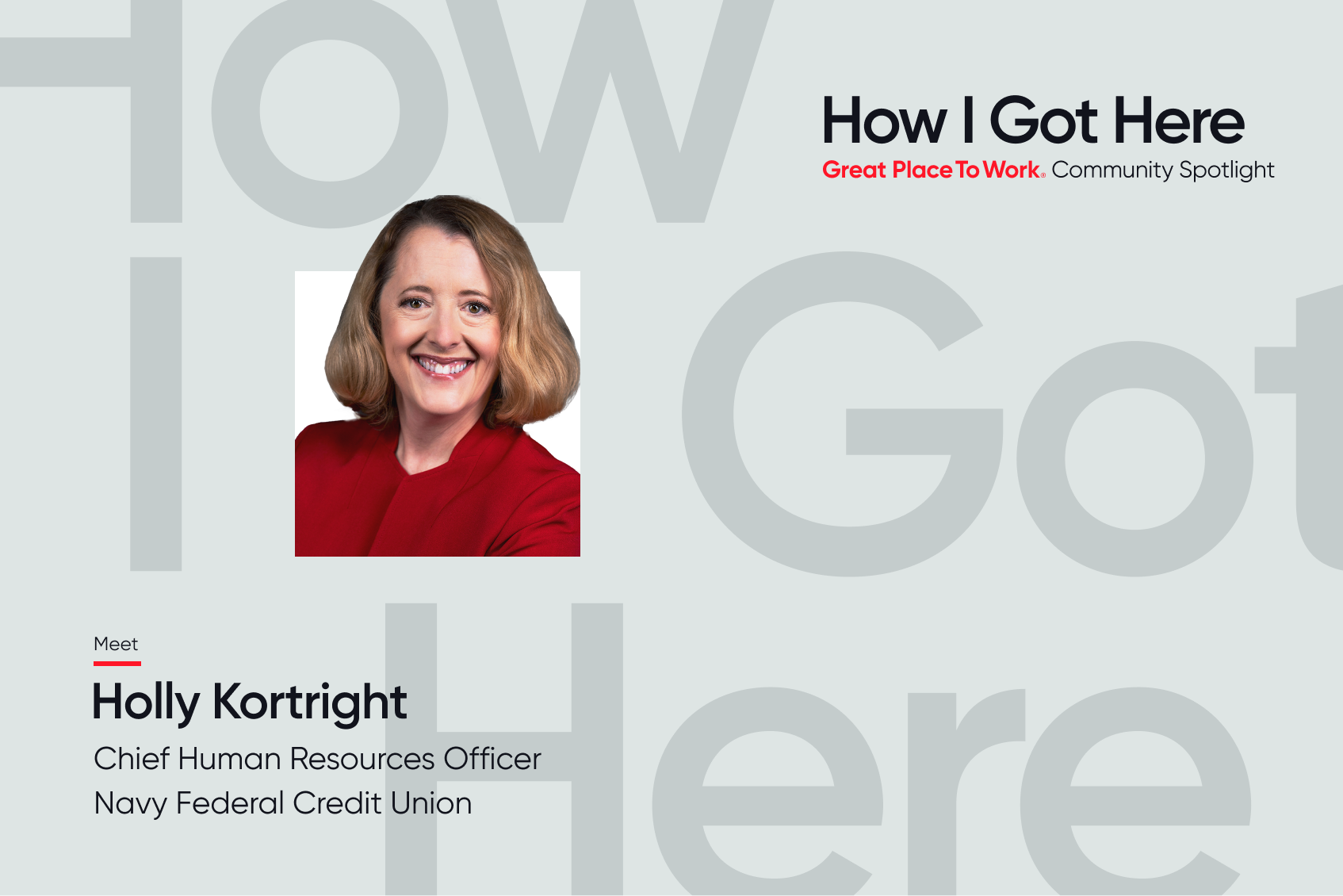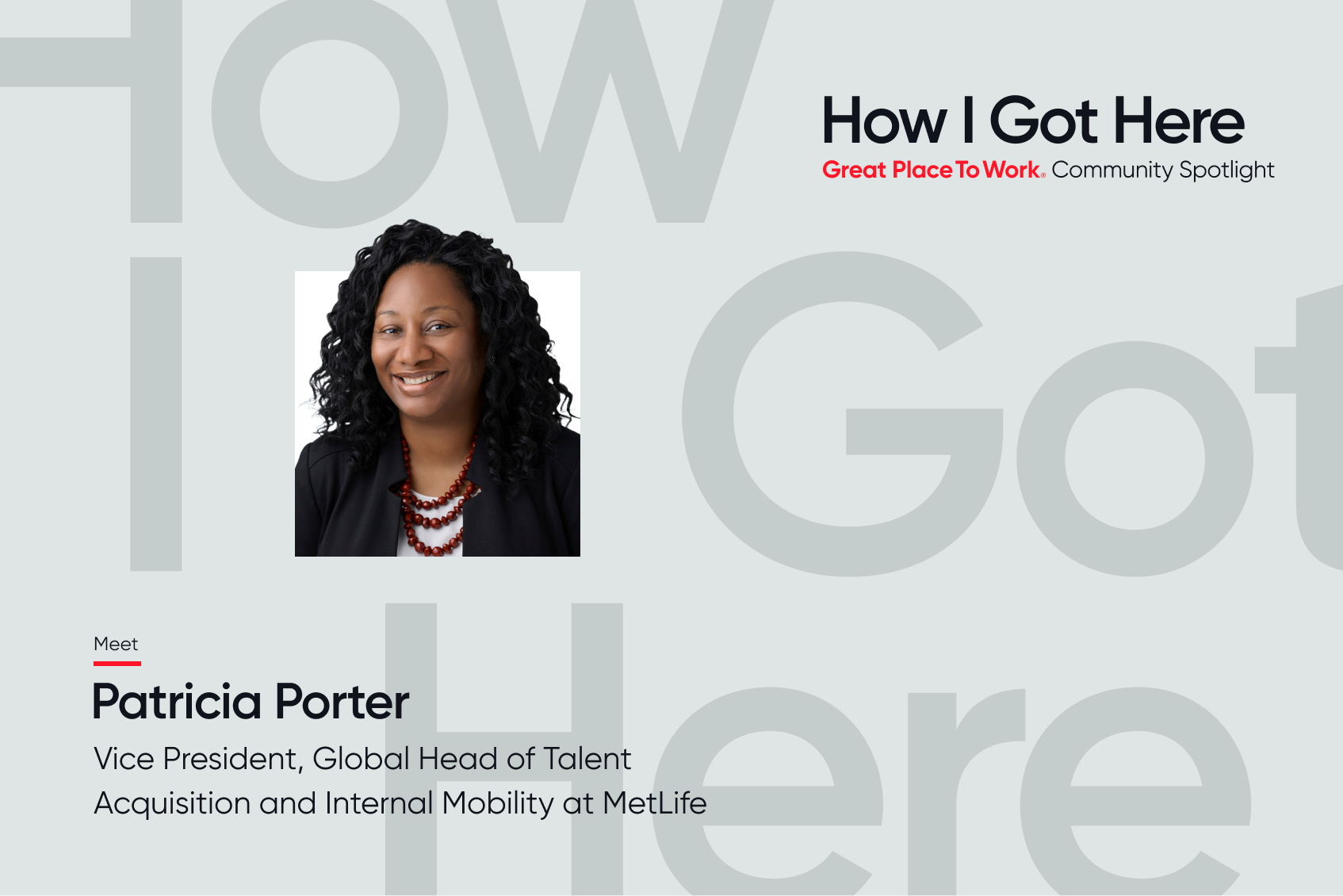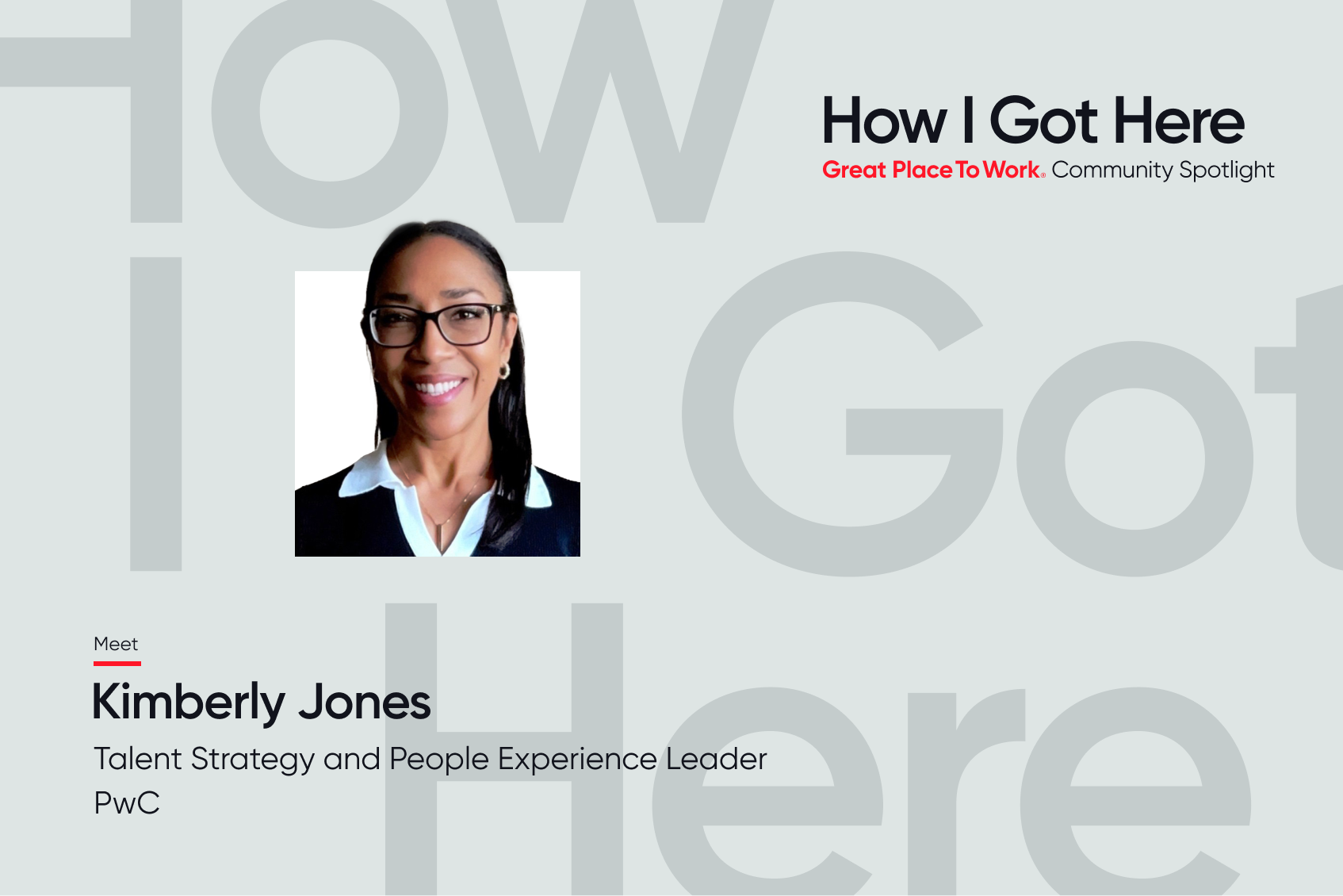The health care and life sciences industry veteran and chief people officer at BVI Medical shares career lessons and insights into what drives his strategy to create great workplaces for a global company.
Offering employees a great workplace is a business strategy.
Great companies can point to clear benefits they receive when employees are having a great experience: more productivity, higher rates of innovation, and lower turnover costs.
Turnover is just one of the things that gets carefully measured for Andrew Dawson, chief people officer and head of corporate affairs and BVI Medical. The medtech firm supports surgical teams in more than 90 countries and focuses on therapies for patients affected by eye conditions.
We spoke with Dawson for our “How I Got Here” series about career advice, managing change, and the biggest opportunities for HR leaders in the year ahead.
Here’s what he shared:
What was the hook that first got you interested in workplace culture?
Dawson: For more than 20 years, I have been fascinated by how strategic HR practices could drive not just the success of individuals but also the success of an entire organization.
My HR career started with Eli Lilly and Company, where I gained invaluable experience and insight into the vital role HR plays in shaping a company’s culture and strategy. As I progressed through various leadership roles at Novartis and Roche, I had the opportunity to be at the forefront of significant transformations, such as forming new business units and leading major organizational changes.
This foundation has enabled me to focus on building and leading HR functions in emerging biotech companies, as I have done with BVI.
What has been the biggest challenge you faced in your career when trying to build a great workplace culture?
Dawson: Over the last couple of years, BVI’s HR model has evolved, standardizing and automating processes, maximizing the utilization of HR systems, and spending less time on administrative tasks.
The move hasn’t been easy, empowering people can feel overwhelming. Implementing change takes time, providing training, explaining the value of the change, and celebrating success stories. The HR team is now able to focus more on value-added activities such as development, coaching, and planning.
It’s a win-win situation for the HR function and all BVI employees.
At BVI we are proud to foster a continuous improvement mindset in every step of what we do, and encourage change, big or small.
Meet inspiring leaders like Andrew at our next For All Summit™, April 8 to 10, 2025, in Las Vegas.
What is the No. 1 lesson you have learned about what it means to be a great workplace in a post-pandemic environment?
Dawson: Our greatest strength is our people. The pandemic emphasized the importance of connection with each other. By fostering a sense of purpose and of belonging, and by discussing people’s quality of life (the famous “work–life balance”), we support employee retention.
At BVI, our organization supports surgical teams in more than 90 countries worldwide, either directly or through our network of trusted distributors, so we understand that having a robust multi-channel communication system is crucial. In fact, companies with strong communication strategies are 4.5 times more likely to retain their employees compared to those without.
How do you think AI will change your work? Are you excited for those changes?
Dawson: I believe the goal of incorporating AI into human resources is to enhance the efficiency and speed of administrative tasks, such as drafting job descriptions, identifying key skills in resumes that align with job requirements, and managing financial responsibilities.
However, the human touch remains crucial in this field. AI can complement our workflows, which is something our team is excited about.
What’s your favorite career advice you’ve ever received? Why?
Dawson: Throughout my career in human resources, the most valuable advice I’ve received is that organizations should prioritize their people, as this builds connection and encourages growth.
In particular, companies should concentrate on three key areas: employee engagement, professional development, and continuous improvement. Focusing on these areas helps employees feel valued and proud of their contributions, allows junior team members to learn from more experienced colleagues, and provides more opportunities for employees to make mistakes and learn from them.
What book or podcast would you recommend to our community of leaders trying to build better workplaces?
Dawson: There are many strong HR industry voices. We’re lucky to be surrounded by a plethora of tools such as podcasts and books to learn from others on what’s worked in their organization, and what hasn’t.
I’ve recently developed a liking for Dr. Vance Molinaro’s “Lead the Future — Leadership Accountability” podcast, which features global leaders on how they tackle the hard topics of today so that leaders can be their best, build strong teams, and create inspiring cultures that help businesses thrive.
What about your job makes you excited to come to work each day?
Dawson: Being part of a company that continues to grow while fostering a strong culture based on simplicity, transparency, and entrepreneurship. It is inspiring to see our core values reflected in everyday work and how we support each other as a team. I’m proud of the recognition we have received through our Great Place To Work® Certification™ in the U.S., France, and the Netherlands for several consecutive years, as well as achieving certification in Mexico for the first time. This highlights our commitment to building a positive and inclusive workplace.
If you could wave a magic wand and change one thing about how workplaces operate in the world today, what would it be?
Dawson: Company leaders, particularly those with managerial roles, place a higher emphasis on kindness and empathy.
We often hear that poor treatment by supervisors is a major factor in high employee turnover. Yet, some companies still keep toxic employees to safeguard their bottom line. Companies must ensure that all supervisors treat their employees equitably and with respect at all times.
Want to join the conversation? Email Ted Kitterman to learn more about participating in our profiles series.


